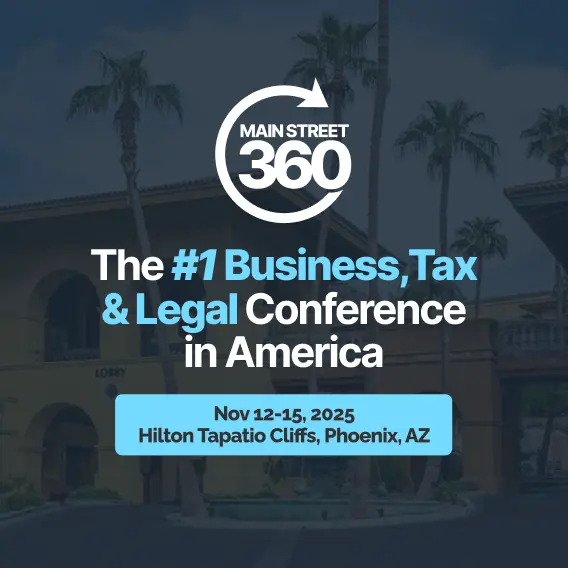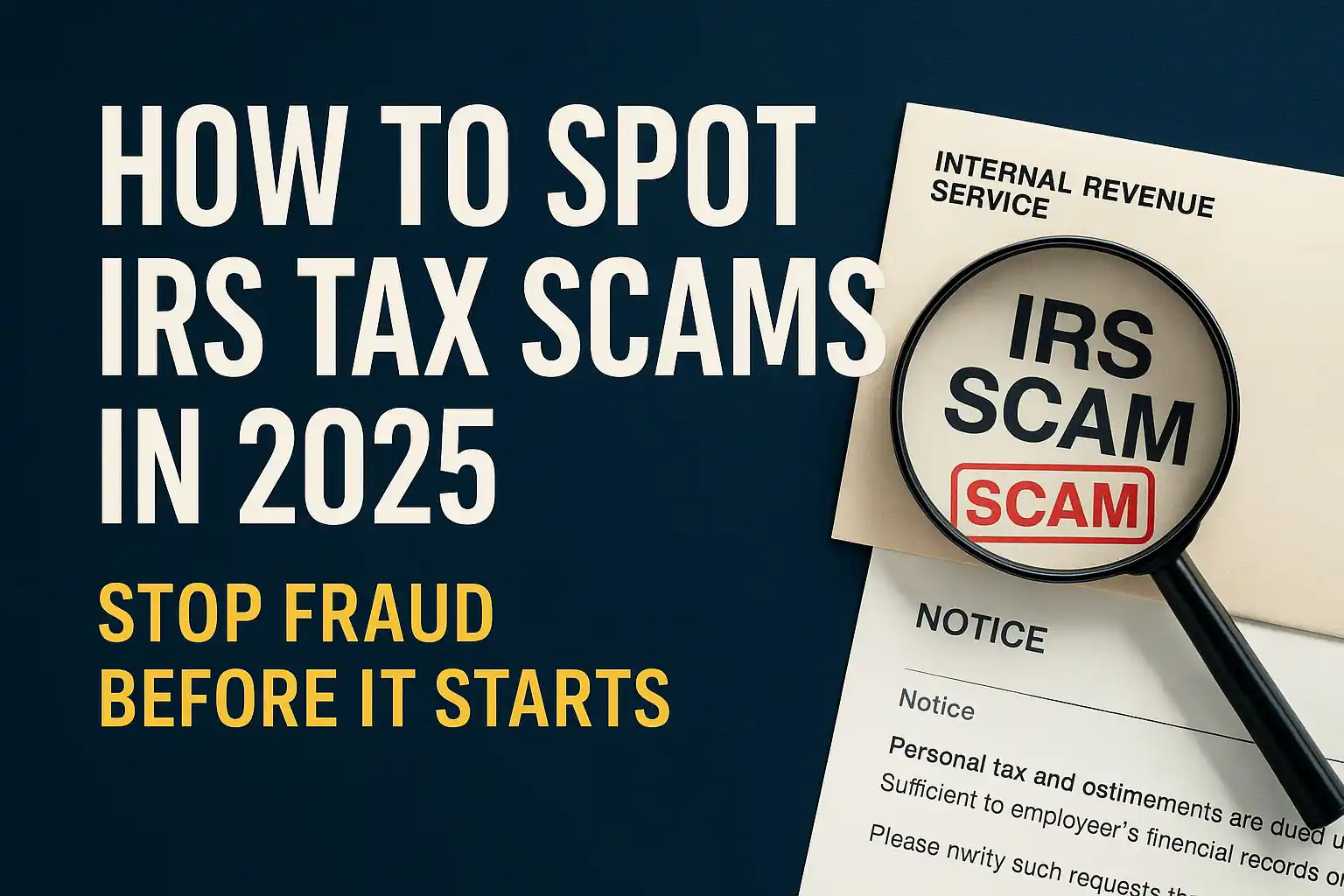Believe it or not, it could be a smart move to buy your parent’s home and rent it back to them. In fact, there are several ways to handle a parent’s home depending on their particular health or financial situation.
A bare minimum, even if you don’t use a sale/leaseback strategy your parents should have a Revocable Living Trust to ensure the orderly and effectively transfer of the home to the family and avoid probate in states where the expense can be significant.
However, some of you may have alternative goals and purchasing the home to rent back to your parents could be a wise strategy. With a simple transaction, your parents could gain immediate access to their home equity, stay in the home, and you’d pick up some generous new tax deductions.
Hidden Benefits
Here is a summary of a few other hidden benefits:
- Access to Cash. A Sale/Leaseback puts instant cash in your parent’s pockets without considering a reverse mortgage. Oftentimes, a reverse mortgage doesn’t allow for a death benefit and upon mom and/or dad’s passing, the family discovers that the home is now owned by the bank.
- Better use of the Equity. By cashing out the equity, Mom and Dad can take those funds and create a steady stream of cash flow with a marketable security rather than having it sit in the home not paying any interest or dividends.
- Your Parents shouldn’t pay tax on the Sale. Even if the home is paid for with no mortgage, it’s likely that there won’t be any tax. The sale of home exemption is 250k of gain if you’re single and 500k, if married. Remember this exclusion on gain is the net of the sales price minus the basis, which is the purchase price plus any improvements over the years. For example, if your parents bought the home for 200k and its now worth 600k, but they also put improvements of 100k in over the years…the basis is 300k and the potential gain 300k. If Mom and Dad are still alive, there wouldn’t be any taxable gain.
- Increased Asset Protection. If your Parent’s home is close to being paid off or already debt free, in many States this equity could be an easy target in a lawsuit. Remember Mom and Dad are at a higher risk for a car accident if they are still driving, which is often a concern of adult children hesitant to take away parent’s driving privileges.
- Gift Tax Unlikely. Although you should pay a fair price for the home to prevent an IRS audit and a re-allocation of the purchase price imputing a gift- thus triggering gift tax. It is unlikely that any gift tax would actually be owed anyway. The new gift exclusion is over 5 million dollars and allows all citizens to use this exclusion to avoid actually paying any tax.
- Possible Medicaid Benefit. Down the road Mom or Dad may need long-term care, hospice or need to move into a care facility. When this day comes, the family will want to consider applying for Medicaid. The home is typically exempt during the application phase, but a State recovery fund may come back for the equity after Mom and Dad pass away. Getting rid of the home now could be a wise move in the long run to protect family wealth. As a cautionary note, make sure to get a consult with an Elder law attorney to learn about ‘look back rules’ and strategies for Medicaid in your State.
- Charge a Reduced Rent from Mom and Dad. Now that you own the home, you can rent it back to your Parents and have a rental property on your tax return. Courts have said that landlords can reduce their fair-market rent by 20% when renting to relatives. That lower rent reflects the savings in maintenance and management costs (L.A. Bindseil, TC Memo 1983-411). But don’t set the rent too low; the IRS might claim that the rental property if for personal use and only allow you to take a mortgage interest deduction as a second home.
- Gift Rent to Mom and Dad. If your parents can’t afford rent, you can ‘claim’ fair market value rent and claim the amount they actually don’t pay as a gift from you to them. In 2018 and 2019 the gift exclusion, not subject to gift tax, is $15,000. If you’re married and both mom and dad are still alive, that could be as much as $60,000 (4 x 15k) in gifted rent in one year!! That’s over $5,000 a month in rent which would cover MANY homes across America.
- Taking the Tax Deduction. Renting the home to your parents, you can now take all of the common tax deductions and tax breaks associated with a rental property. Yes, you need to consider your income level and classification as an investor, but the benefits can be significant.
- Coordinating it with the overall Estate. Now that you are capturing losses on the rental property, at the least, you may be concerned that you won’t get ‘stepped basis’ because you aren’t actually inheriting the property in the future. It’s true you won’t be inheriting the property, and that’s because you already own it. But you also stepped up the basis in the transaction when you bought it for fair market value. Moreover, upon Mom and Dad’s passing you may very well inherit any leftover equity still in the bank, and have a house appreciating in your own name.
How to Implement the Plan
In the list of benefits above, I made the assumption that the adult children would obtain a loan from a standard mortgage company, which would more than likely involve an escrow, title insurance and typical closing with an asset purchase agreement. Of course, you would avoid the cost of a realtor, but an attorney, banker or escrow officer may be able to provide the basic forms for you to implement the documentation on your own.
Another option is have Mom and Dad ‘carry the paper’ and then forgive the loan upon their passing. Of course, in this scenario, the parents wouldn’t access the cash; however they may simply want to get the home out of their names for some of the other benefits I’ve listed above.
As one can see, there are a number of reasons to consider such a strategy and I often encourage families to ‘plan’ as a whole, considering the tax and financial situation of all family members. If there is trust, responsibility and a willingness to work together this can be a fantastic method of building family wealth.
I highly encourage you to get a consult with your CPA and attorney. Make sure you understand all of the tax and legal ramifications of such a strategy.










